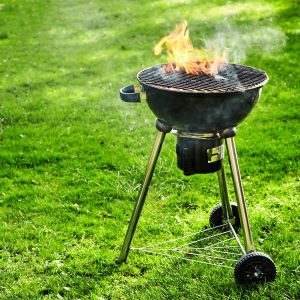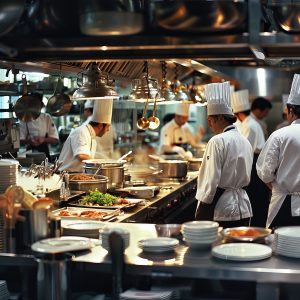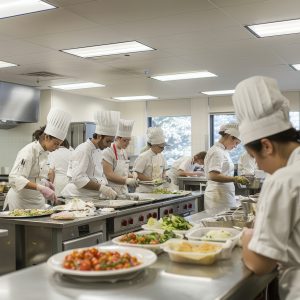What Are the Pros and Cons of Working As a Temporary Chef?
The best chef jobs are hard to come by, and it can take years of putting in hard work before you’re even ready to apply. In the meantime, it’s important that you build your resume and skills in a way that reflects well on your commitment to your craft. Temp jobs are a good way to do that while you wait for the chance to land your dream job.
Temporary chef jobs typically arise in seasonal, high-tourist areas. Anywhere that boasts a vacation crowd (think beaches during the summer or ski lodges in the winter) is likely to need extra hands to help meet demand. You might be hired for a short-term contract or with the understanding that layoffs occur during the off-season.
Temporary cooking jobs are also available in places like hotels and cruise lines. You might be hired to help with a particular event (such as a wedding) or for a one-trip cruise. These types of scenarios often lead to more permanent employment if you perform well.
Pros of Temp Work
Temp kitchen work can be a good way to determine what type of career you want, or even to build skills that you might not be fully confident about. There are few better ways to “try out” a career than to do it through temp work, since you don’t have to make a long-term commitment.
Temporary work is also a good way to land a job you might not otherwise be eligible for. Because companies know temporary work has its drawbacks, they are more willing to provide perks in the form of on-the-job-training or learning opportunities that you can find anywhere else. You might also be eligible for a long-term position after a temporary trial period or given a higher rate of pay than a long-term employee with benefits.
Cons of Temp Work
Temp jobs in the restaurant industry aren’t for everyone. Because the nature of the work is that it only lasts for a few weeks or months at a time, you are rarely offered benefits, vacation time, or sick leave—and if you have a family, traveling to find the temp jobs can be a real strain.
It can also be difficult to learn the rules and policies of each new kitchen. No two employers are exactly alike, and it can be hard to get to know new people and new regulations every few months. For example, if it takes you some time to adapt to a new job, temp work can be more stressful than anything else.















